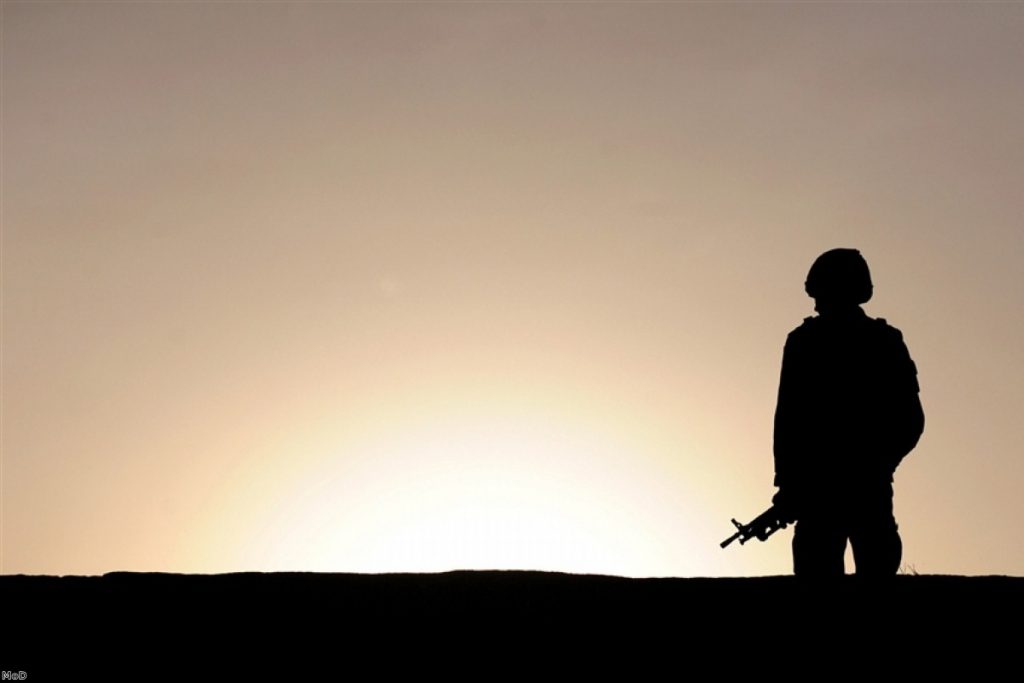PM ‘unshakeable’ after Afghanistan deaths
Gordon Brown has insisted his commitment to Britain’s troops in Afghanistan is “unshakeable” after five soldiers were killed in a single incident.
A rogue Afghan policeman is believed to have shot the soldiers at a checkpoint before fleeing the scene.
The soliders, three from the Grenadier Guards and two from the Royal Military Police, had been living and working in the checkpoint for two weeks. They were mentoring the Afghans who subsequently turned on them.


Spokesman Lieutenant Colonel David Wakefield said the policeman was “possibly acting in conjunction with another” and “started firing inside the checkpoint”.
It is not yet clear whether the policeman had any links with the Taliban. This is the highest number of deaths among British service personnel on the ground since the Taliban were ousted from Kabul in October 2001.
Mr Brown described the deaths as a “terrible loss”.
“My thoughts, condolences and sympathies go to their families, loved ones and colleagues,” he said.
“I know that the whole country too will mourn their loss.”
The prime minister’s latest strategy for Afghanistan involves much closer cooperation between Afghan security forces and Britain’s soldiers – of exactly the kind that was taking place when the fatal incident took place.
Public concerns about the ongoing war effort are reflected in the number of deaths seen this year. Fatalities among British forces, now standing at 92 this year, are at their highest level since the Falklands conflict.
A former Labour minister had abandoned his support for the effort in Afghanistan before news of today’s deaths.
Kim Howells, who held the Afghanistan ministerial portfolio until last year, wrote in the Guardian newspaper: “It would be better to bring home the great majority of our fighting men and women and concentrate, instead, on using the money saved to secure our own borders, gather intelligence on terrorist activities inside Britain.”
The re-election of Afghan president Hamid Karzai, after a first round of voting made indecisive by widespread vote-rigging, has damaged credibility in the Kabul administration.
Mr Howells added: “Sooner rather than later a properly planned phased withdrawal of our forces from Helmand province has to be announced. If it is an answer that serves, also, to focus the minds of those in the Kabul government who have shown such a poverty of leadership over the past seven years, then so much the better.”
The prime minister repeated his commitment to Britain’s ongoing deployment in Afghanistan, however.
Mr Brown said: “It is my highest priority to ensure our heroic troops have the best possible support and equipment – and the right strategy, backed by our international partners, and by a new Afghan government ready to play its part in confronting the challenges Afghanistan faces.
“Our troops deserve nothing less. My commitment to them remains unshakeable.”









